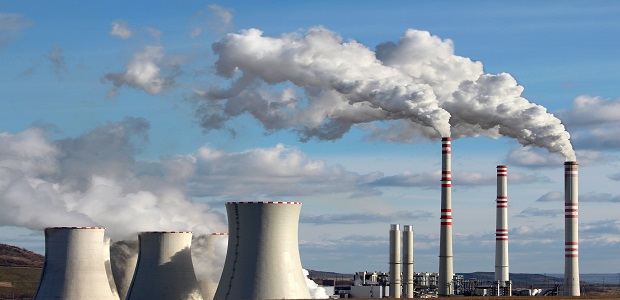
Climate change and human-caused global warming are topics that have been talked about for years. Yet, many people still don’t believe in it for various reasons. Whether it’s because they personally haven’t noticed a difference or because of religious reasons, the scientists have, yet again, gotten new evidence that speaks for the reality of global warming.
According to National Oceanic and Atmospheric Administration reports, February of 2016 was the warmest February on recorded history, as well as the warmest month compared to average. NASA has also reported that the month of January was the warmest ever January recorded.
Actually, when looking at the global average temperatures reported by NASA, the temperatures seem to be going up year by year. 2014 was the hottest recorded year on Earth, until 2015 rolled on and claimed the title for itself. Not surprisingly, based on the temperatures at the beginning of 2016, this year is expected to become the warmest year ever.
There seems to be a pattern here that indicates that global warming is real and the Earth is annually getting warmer. This debate has been going on for a relatively long time, and it doesn’t look like it’s going to end soon, even though 97 per cent of climate scientists think that global warming is human-caused.
In addition to NASA’s data, many other signs suggest that the planet’s climate is changing for the worse. Environmental scientists have found multiple pieces of evidence that support the claim. Ocean levels are rising as the polar glaciers are melting, extreme weather conditions like heat waves occur more frequently, and whole ecological systems are changing the way they work.
Some believe that the climate is indeed changing, but refuse to blame it on humans and explain it with natural trends in Earth’s climate. However, that doesn’t seem to be the truth, as there are numerous studies out there that suggest that humans have caused global warming.
According to an analysis from 2015, some 95 per cent of global warming is caused by human activity. Ed Hawkins, a climate scientist from University of Reading said that 2015 was the “warmest year on record, primarily because of anthropogenic emissions of greenhouse gases”. The main conclusion that can be made from the analysis is the fact that carbon dioxides and other greenhouse gases in the atmosphere are rising the temperatures on Earth.
Last December, 195 countries agreed on actions to stop the climate change. The countries agreed to keep the average temperature rise at less than 2°C above the pre-industrial levels and to strive to limit the temperature increase to 1.5°C. Over 100 countries support limiting the temperature rise to 1.5°C.
This is a victory for environmental activists, but also for the nations that are most vulnerable to the climate change. Places like the Arctic and the Alps have already been affected by global warming and are warming up faster than other areas. It’s easy to fall into thinking that mainly cold areas are affected, but it’s not true: a tiny Pacific island of Kiribati is the first country in the world to ask for help to evacuate its population as the climate change is making their lands uninhabitable.
A study by Nature Climate Change from 2015 suggests that the road to reducing global warming will be rough. According to the study, we must stop releasing greenhouse gases into the atmosphere by 2060 to reach the pursued average temperature by 2100, and it’s needless to say that oil countries like Saudi Arabia and Venezuela are skeptical towards the idea.
However, many countries agreed to aim to reach the global peak in greenhouse gas emissions as soon as possible and to take rapid actions to reduce the amount of greenhouse gases in the atmosphere by best science available.
According to The Guardian, a European Commission document says that reducing greenhouse gases “will require exploring possibilities for realising ‘negative’ emissions as well as profound lifestyle changes of current generations,” which means that not all is up to the governments, and that we as individuals should take actions too.
Climate change doesn’t just effect the lives of future generations, we endanger many other species too. By letting the situation get worse, we risk our children’s well-being and the well-being of our wonderful animal kingdom.
Reducing your carbon footprint isn’t difficult. Small things make a huge difference if millions of people are making the same changes in their lifestyles. Instead of driving to work, take the bus and instead of a meaty spaghetti Bolognese, cook yourself a tasty vegetarian pasta dish. Opposed to the general belief, the meat industry pollutes the air more than transportation and just eating one meat dish a week less is already an improvement.
Anyone can make a positive difference by changing little things, but it’s vital that we act now before the damage caused by climate change becomes even more catastrophic. Many ways to easily reduce the climate change are as obvious as using less hot water, recycling plastics, papers, bottles and other waste and changing your light bulbs into led ones. And don’t forget to turn off the light when you leave the room.
Sonja Sjogren
Image credit: Shutterstock




Leave a Reply